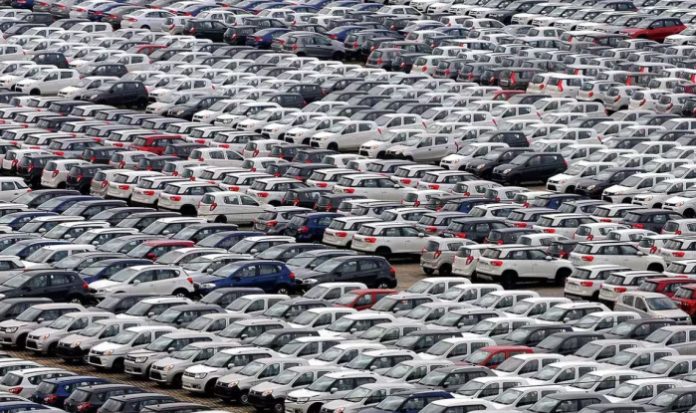Automakers all over the world are jacking up prices of electric vehicles (EVs) due to soaring lithium prices that have pushed up the raw material costs. For Indian consumers, EVs are still ‘too expensive to seriously consider.
This coupled with the recent turbulence in the crude oil market, stakeholders in the auto industry have started pitching for Natural Gas Vehicles (NGV) as an alternate fuel option.
With an increasing focus on blue hydrogen as a bridging solution, Natural Gas can play a key role in the transition towards a hydrogen economy, as per a recent report by Nomura Research Institute Consulting & Solutions titled Path to clean mobility: Increasing penetration of NGVs in India.
It further added that the expansion of the CGD (City Gas Distribution) network and the increasing number of CNG stations are expected to encourage the proliferation of NGVs. According to NRI, CNG vehicle sales continue to grow with PV sales in FY22 up by 55% to 2,65,383 units over FY21. Close to 98% of CNG usage is concentrated in the 5 states of Delhi, Haryana, Uttar Pradesh, Gujarat, and Maharashtra.
“With increased differential TCO (total cost of ownership) benefits compared to other fuels, CNG is gaining prominence among consumer preference post BS VI. The technology is now well established in India with major OEMs concentrating on bringing in a range of cost-efficient and fuel efficient CNG variants,” NRI said.
In this latest report, the research agency said that almost 13 OEMs are offering CNG variants in passenger, commercial, and goods vehicle segments.
According to Ashim Sharma, Senior Partner & Group Head, NRI Consulting & Solutions, immense volume and favourable conditions of the Indian automobile market give an opportunity to promote widespread adoption of NGVs in India.
“However, higher gas prices will exacerbate the CGD industries’ already unfavourable economics, limiting network expansion and negatively impacting consumer experience. The government, industry, and CGD companies must all work together for India’s NGV market to thrive in the future,” Sharma added.
Highlighting the solutions to deal with these challenges, the report said boosting NGV adoption through incentives and infrastructure development will help in establishing economies of scale in manufacturing and hence, reduce costs. The use of composite light-weight materials in CNG components will help in reducing the vehicle weight, the report said.








